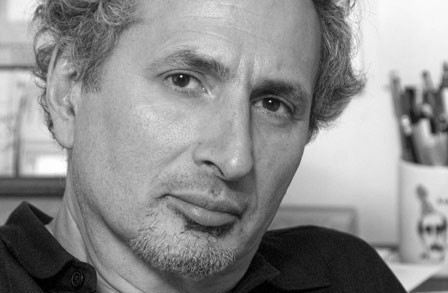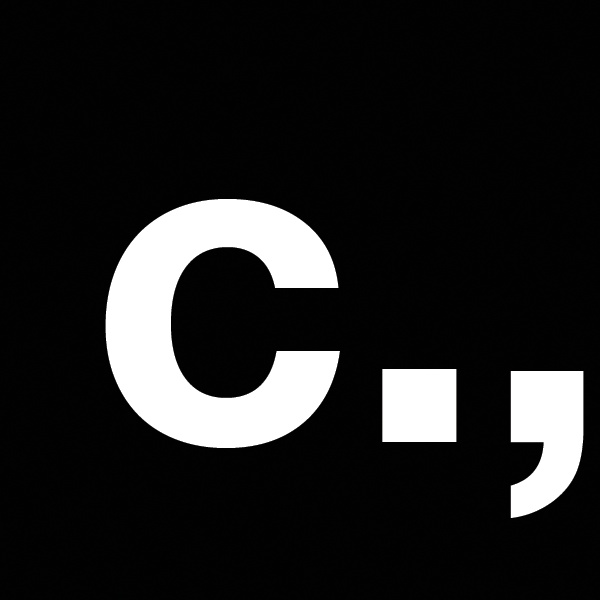PETER BALAKIAN
Near the Border
Gyumri, Armenia, 12/18/10
for Hayk Demoyan
* the poem below, initially released in AGNI 77, was published at x-commons on 09/11/18 with author’s permission

“Peter Balakian is the author of seven books of poems most recently Ozone Journal, which won the Pulitzer Prize for Poetry, as well as Ziggurat (2010) and June-tree: New and Selected Poems, 1974-2000 (2001). His four books of prose include The Burning Tigris: The Armenian Genocide and America’s Response (2004), won the 2005 Raphael Lemkin Prize and was a New York Times Notable Book and a New York Times Best Seller. His memoir, Black Dog of Fate won the 1998 PEN/Martha Albrand Prize for the Art of the Memoir, and was a best book of the year for the New York Times, the LA Times, and Publisher’s Weekly, and was recently issued in a 10th anniversary edition. He is co-translator of Girgoris Balakian’s Armenian Golgotha: A Memoir of the Armenian Genocide 1915-1918, (Knopf, 2009), which was a Washington Post book of the year.”
Please see the website for more information, and make sure to watch a captivating book reading or any one of the illuminating interviews by Peter Balakian.
Please see the website for more information, and make sure to watch a captivating book reading or any one of the illuminating interviews by Peter Balakian.
PETER BALAKIAN
Near the Border
Gyumri, Armenia, 12/18/10
for Hayk Demoyan
1.
Over brandy at breakfast we were talking about the Hellenic temple
at the edge of the canyon and the sun gods
who were worshipped there before the time of borders and decrees.
And then the priest came and we were off in a white van
that slid into the sky that was washed into gullies
slate-gray-tarnished-silver, then smooth as tarmac just poured, the way
12/7/88 poured on the screen with numbers when I was teaching in London
and walking Kings Road every day into early dark.
It wasn’t until we got to Gyumri and you put it casually over pizza: you
were in shop class shaving a hammer in a drill press and the floor began to slide.
2.
The neon lights glared over our faces as the amped-up
Russian waitress with green hair spilled Coke on the table.
I remember 12/7/88—the Albert Bridge lit up and the Thames smooth black—
as I watched walls come down on the screen;
a man carried a child through a gouged-out apartment,
three women passed with sacks into the stone-dust and became damask.
*
The neon lights in the pizza place on the square flashed on the window
as you pointed out the rebuilt school and hotel and the polished tufa stone
of fault-line resistance. Outside we picked up the teenage boy,
who setded into the front seat with the priest; a medley of punk
was a soft buzz off the rattling speakers, and the priest began talking to the boy in medias res
about how the body and soul must find a balance with each other,
if we’re to make our own destiny, God couldn’t do it all for you.
*
It came back to you in spurts—
how the floor dished you into the hall, the hammer shaving your hand as
a wall seemed to throw you into the street
where mattresses and chairs were sandwiched in crushed cars.
3.
I was chewing a pizza crust as we walked through abandoned fields of Stalin-barracks.
Under the Soviet eagles and busted windows along the tracks where Near East Relief
trains once arrived with powdered milk and clothes for the orphans in the ’20s—
we kicked some rusted cans. Armenian soldiers went back and forth
at the checkpoints of a new history; three women with bags disappeared
into the fog along a chain-link fence.
4.
Memory is like the hammer you used to make coffins
all week with your uncle. When you found your cousins under
rubble they were speaking clearly through the dark—but that was early in the day.
On the BBC some faces moved along the street, the sun lit up punched-out windows
of Brezhnev buildings; in the morning I went to Heathrow to help load planes with
clothes and food; in evening at a pub off Cheyne Walk, the TV flashed casualty numbers on the telex
news band and the voice of Roy Orbison, who was dead at 50, stayed in my head all day.
5.
I was blind-sided by the sign—30 kilometers ANI
where the border slid into Turkey and the open plain was bleached—
a few boulders, some cattle and beyond the tenth-century city of Ani
was a mislabeled ruin cordoned off by barbed wire, a river, and some Turkish guards.
6.
Between Armenia and Turkey, on the shrinking blue horizon, I saw—
but what does it mean to say “I saw”? just the mind leveraging
a way out of confinement of a cigarette smoke-filling van?
I saw pillars dissolving under the dome of a basilica,
some women disappearing into the abyss of Saint Gregory
as we moved through gullies and blanched grass,
7.
and the van swerved to miss some cows on the road, grazed a fence.
The priest was going on about the soul made flesh—I almost
interrupted him to ask: the soul not the word? The boy nodded as he kept beat
to The Clash that was wavering from the dashboard—London was a buzz-saw drone,
hard sexual fetish, world-warning; the horizon was white-air gaps now,
a flaking Virgin on a conical roof floated in the sky, and then the winds changed—
8.
The priest said to the boy that Ani was the Florence of Armenia—“lost”—he said it again,
“lost”— and the boy asked, really rifled back, as he lit another cigarette, why Armenia
didn’t have a covenant with God like the Jews did. The priest was upset—visibly, in the
face, like cold wind hit through the window—and he answered in Armenian—
(my voice stalled and I didn’t ask,“what are you saying?”)
9.
the Sex Pistols chanted off-key like urban monks in leather,
the van jolting over ruts,
the gray light giving way to fine snow coming west from Kars
10.
“Byron thought the Garden of Eden circled Ani and on south”—I interrupted the priest—
“yes, yes, Byron learned our language”— he shot back
“just a romantic orientalist,” I croaked—
“what?”— the priest turned and stared at me over the headrest
“you think anything’s left there? after 1915?” The CD player skipped on a scratch as
11.
the boy popped a can of Diet Sprite, and said something back to the priest in Armenian,
before we stalled in a gulley and the van doors slid open and the cold rushed
us as we spilled outside with flashlights; the opaque white light blew back at me,
12.
the priest pulled his black hood up which flashed against the white outcroppings on the plain that could’ve been sheep carcasses or something else—
The banging gonzo drums of time kept playing off the dashboard—
snow came like crazed moths.
